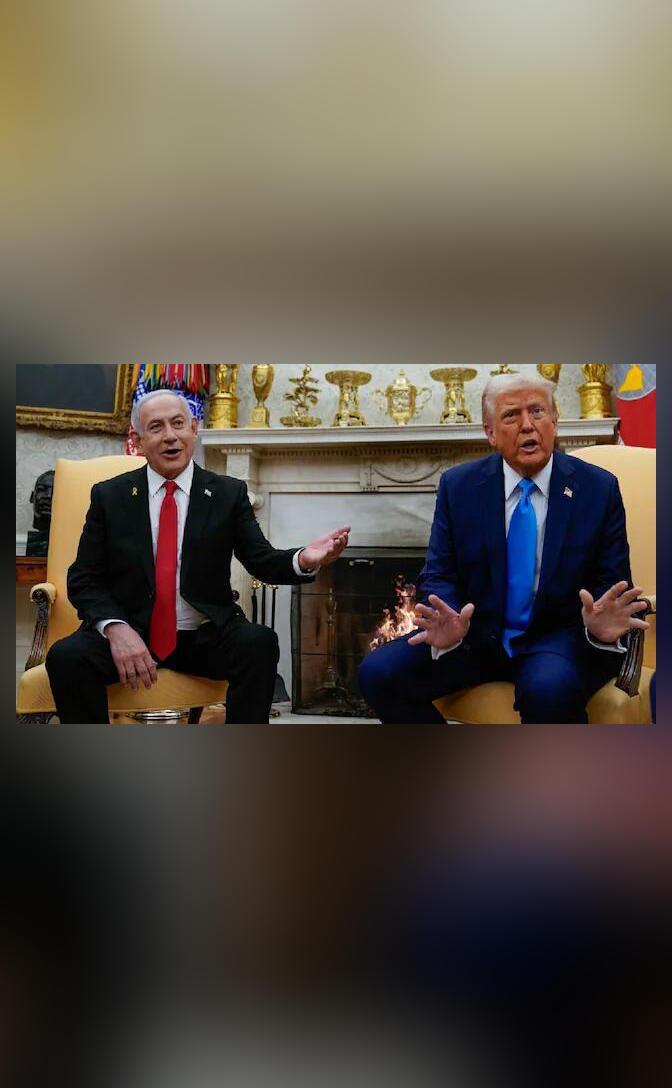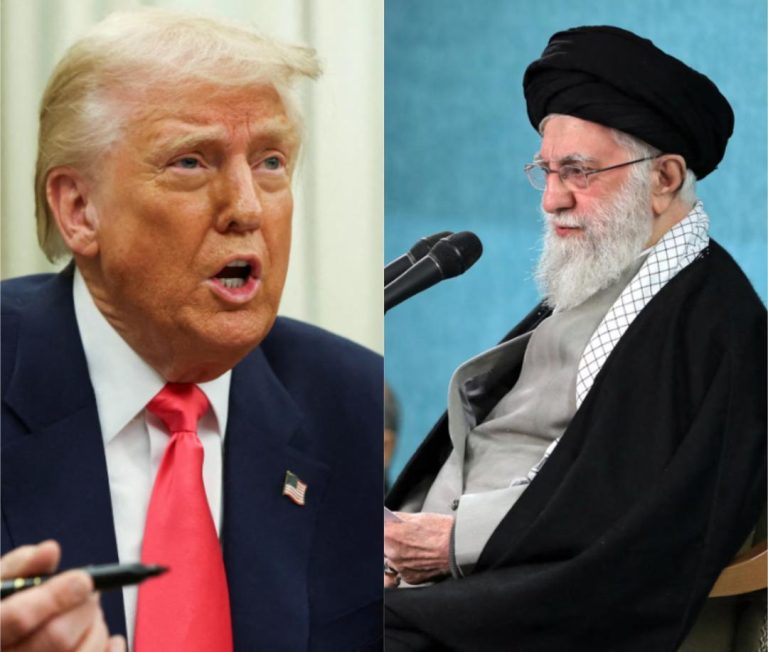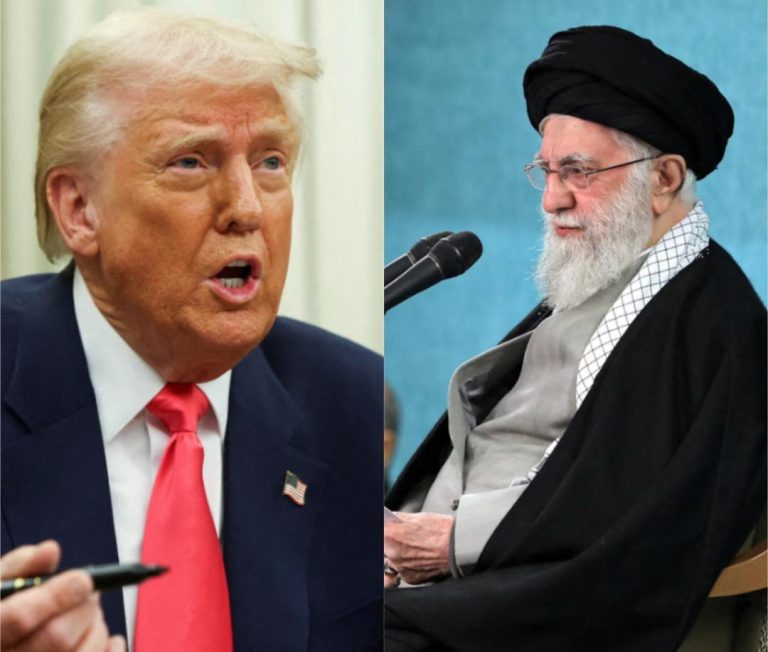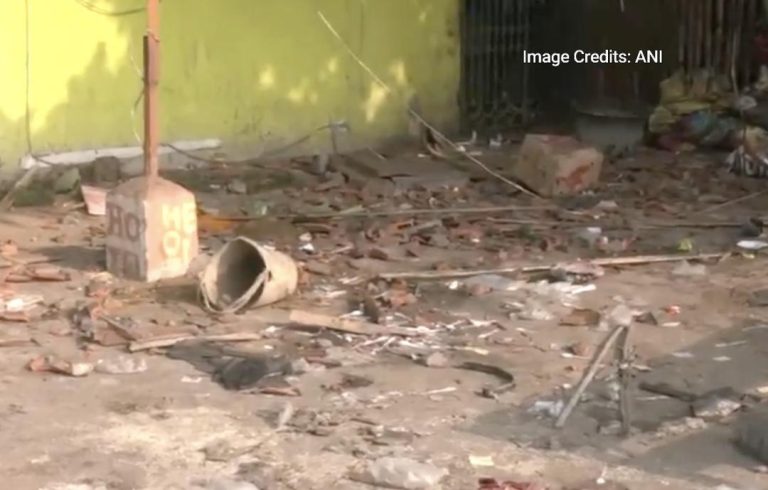
Guess What, We’ll Do the Job: Netanyahu on Trump’s Gaza Plan
In a recent statement, Israeli Prime Minister Benjamin Netanyahu has expressed his enthusiasm for US President Donald Trump’s plan to relocate Palestinians from the Gaza Strip. Trump’s proposal, which has been met with widespread criticism and concern, suggests that Palestinians be temporarily relocated from the Gaza Strip while the area is rebuilt physically.
In an interview, Netanyahu was quoted as saying, “Guess what, we’ll do the job.” While his statement may seem cryptic, it is clear that Netanyahu is eager to execute Trump’s plan. But what does this plan entail, and what are the implications for the people of Gaza?
As part of Trump’s Middle East plan, the US President suggested that Palestinians be relocated from the Gaza Strip to other parts of the region, such as Egypt or Jordan. The plan would aim to address the humanitarian crisis in Gaza, which has been exacerbated by years of conflict and blockade.
However, critics of the plan have raised serious concerns about its feasibility and human rights implications. Many have argued that relocating Palestinians would be a form of forced displacement, violating their right to return to their homeland. Others have pointed out that the plan would likely lead to further instability and violence in the region.
Despite these concerns, Netanyahu appears to be on board with Trump’s plan. In his interview, he downplayed the idea that the relocation would be permanent, suggesting that it would be a temporary measure while Gaza is rebuilt. “All Trump is saying, ‘I want to open the gate and give them an option to relocate temporarily while we rebuild the place physically’,” Netanyahu stated.
But what does this mean for the people of Gaza? The Gaza Strip has been under Israeli blockade since 2007, and the humanitarian situation has only worsened since then. The strip is home to over 2 million people, many of whom are struggling to access basic necessities such as food, water, and healthcare.
A temporary relocation of Palestinians would likely have devastating consequences for those affected. Many would be forced to leave behind their homes, businesses, and communities, and would be subject to the whims of their new hosts. The psychological trauma caused by such a displacement would be severe, and the long-term impact on the mental and emotional well-being of those affected would be significant.
Furthermore, the plan ignores the root causes of the crisis in Gaza, which are the result of decades of occupation, displacement, and conflict. Rather than addressing these underlying issues, Trump’s plan would simply displace the problem to another location.
It is also worth noting that the plan has been met with widespread criticism from human rights groups and international organizations. The United Nations has repeatedly called for an end to the blockade of Gaza and for the rights of Palestinians to be respected. The European Union has also expressed concerns about the plan, warning that it would likely lead to further instability and violence in the region.
In conclusion, Netanyahu’s statement that “Guess what, we’ll do the job” is a troubling indication of Israel’s willingness to execute Trump’s plan. While the plan may be seen as a short-term solution to the humanitarian crisis in Gaza, it ignores the root causes of the problem and would likely have devastating consequences for those affected.
As the international community continues to grapple with the implications of Trump’s plan, it is essential that we prioritize the rights and dignity of the Palestinian people. Rather than displacing them, we must work towards a lasting solution that addresses the underlying issues of occupation, displacement, and conflict.





